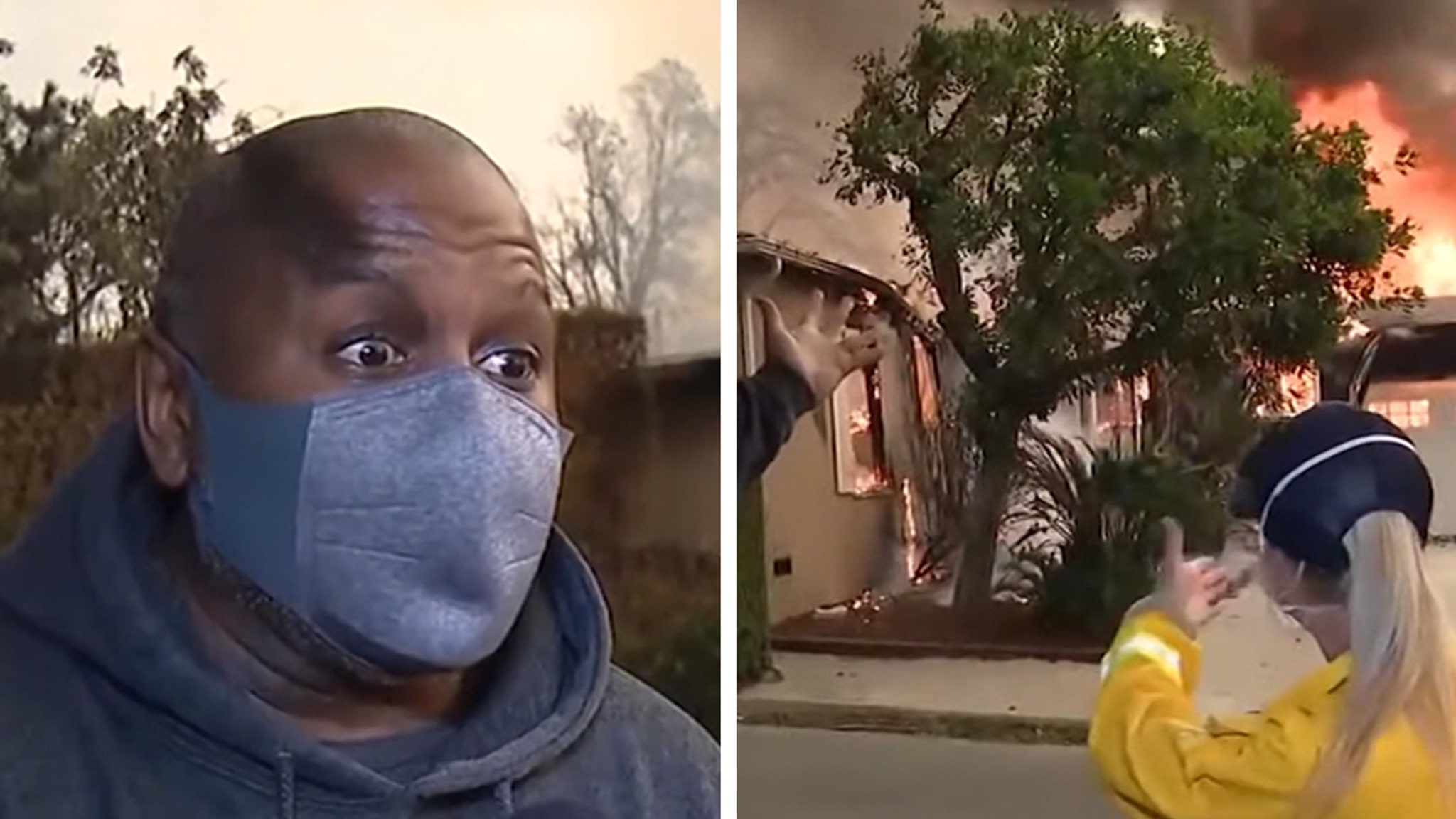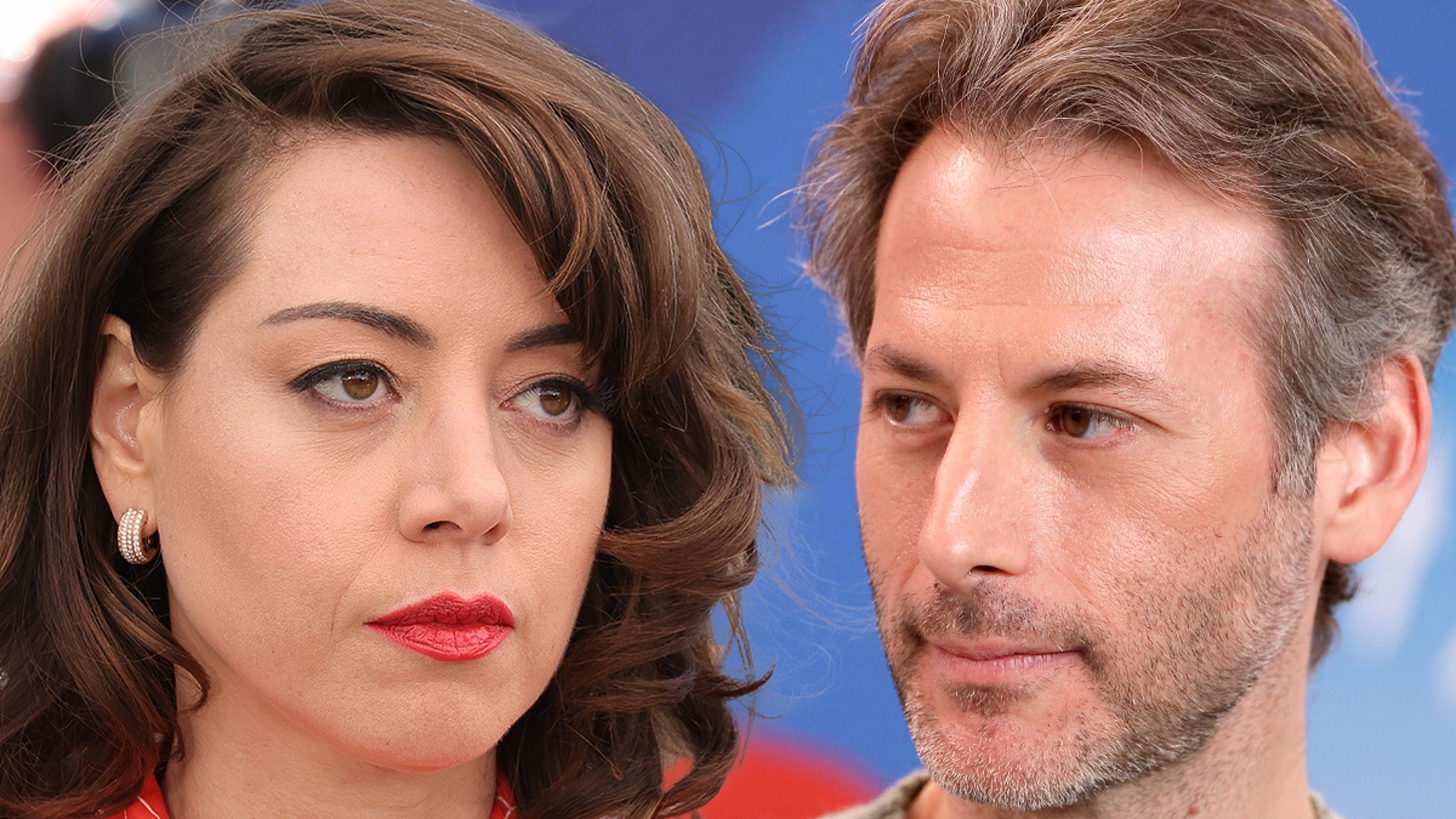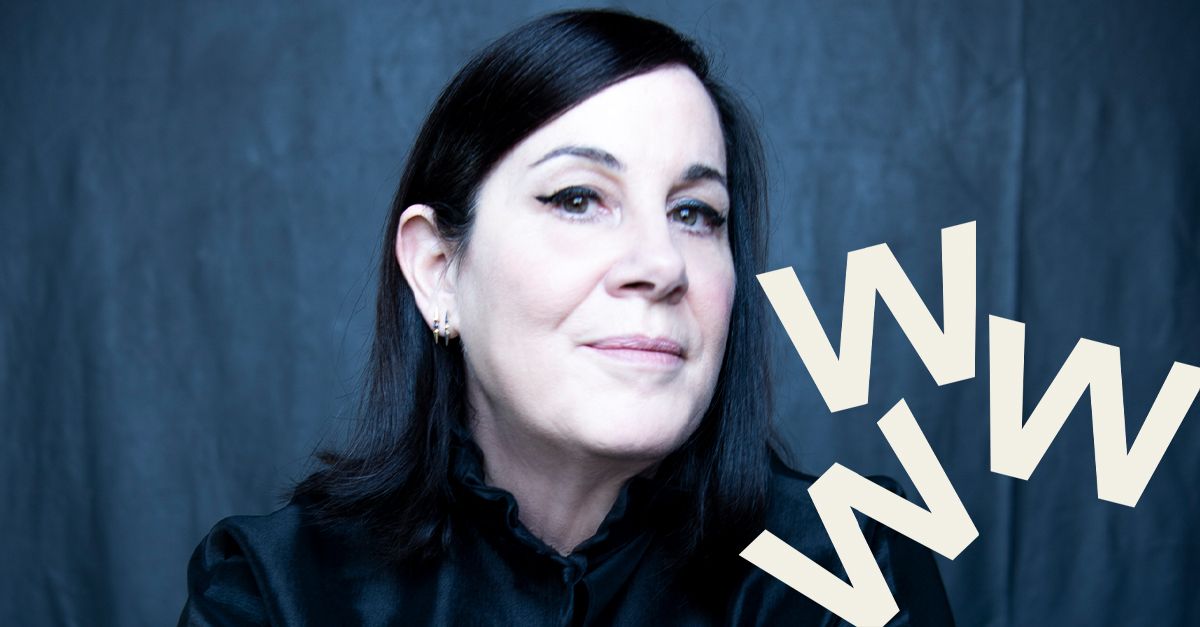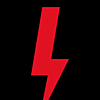Unlock the Editor’s Digest for free
Roula Khalaf, Editor of the FT, selects her favourite stories in this weekly newsletter.
Israeli jets struck several targets including energy infrastructure in the Yemeni port city of Hodeida on Saturday in response to a drone attack by Houthi militants that killed one person in Tel Aviv the day before.
The Israel Defense Forces said it hit “military targets” in the port, in retaliation for repeated attacks against Israel by Iran-backed Houthi militants since the war between Israel and Hamas in Gaza erupted last year.
“The Houthis attacked us over 200 times. The first time that they harmed an Israeli citizen, we struck them. And we will do this in any place where it may be required,” said Yoav Gallant, Israel’s defence minister.
“The blood of Israeli citizens has a price. This has been made clear in Lebanon, in Gaza, in Yemen, and in other places — if they will dare to attack us, the result will be identical.”
Footage on social media of the aftermath of the strikes showed intense fires raging in the Hodeida port, which is controlled by Houthi rebels, with flames and plumes of black smoke spiralling into the sky.
Yemeni media reported that the strikes had killed at least three people and injured more than 80.
An Israeli military official said Israel had hit “dual use” targets in the port, including energy infrastructure, and that Hodeida was the main supply route for Iranian weapons deliveries to the Houthis. The official added that Israel had informed its allies in advance of the strike.
A Houthi spokesperson, Mohammed Abdulsalam, said the strikes had hit “civilian facilities, oil depots and the power station” in Hodeida, and that “this brutal aggression will only increase the determination of the Yemeni people and their valiant armed forces”.
Israel on Sunday said its Arrow 3 air defence system had shot down a surface-to-surface missile approaching the country from the Red Sea that had been launched from Yemen.
The hostilities have fuelled fears that Israel’s war with Hamas in Gaza could escalate into a broader regional conflagration. Hizbollah, the Iran-backed Lebanese militant group, which has been exchanging near daily cross-border fire with Israel, called the strike on Hodeida “a foolish step . . . that marks a new and dangerous phase of the extremely important ongoing confrontation”.
Meanwhile, Saudi Arabia sought to distance itself from the Israeli strike, with a defence ministry spokesperson saying overnight that the country “has no relation or involvement in targeting Hodeidah, and the kingdom will not allow any entity to violate its airspace”, according to a brief statement published by the official Saudi Press Agency.
The Iran-backed Houthis, who control northern Yemen, began firing at Israel after the war in Gaza began in October, and have often targeted the southern Israeli port of Eilat with drone and missile attacks. They have also launched multiple attacks on shipping in the Red Sea and Gulf of Aden, severely disrupting the flow of goods through one of the world’s key maritime trade routes.
Before Friday’s attack on Tel Aviv, in which a long-range drone detonated over the centre of the city, killing one person and injuring 10 others, their attacks on Israel had not been fatal, with most of the projectiles being shot down by US forces or Israel’s air defence systems.
Israel’s air defence systems identified the drone involved in Friday’s attack, but it was not shot down due to “human error”, according to Israeli officials.
The Houthis claim they are acting in support of the Palestinians as part of the so-called axis of resistance made up of militant groups backed by Iran. Israel and the US have accused Iran of supplying the Islamist movement with missile and drone technology.
Additional reporting by Ahmed Al Omran













































:quality(85):upscale()/2025/01/07/813/n/1922564/b63421d9677d72ddd6eff7.56786871_.png)



































